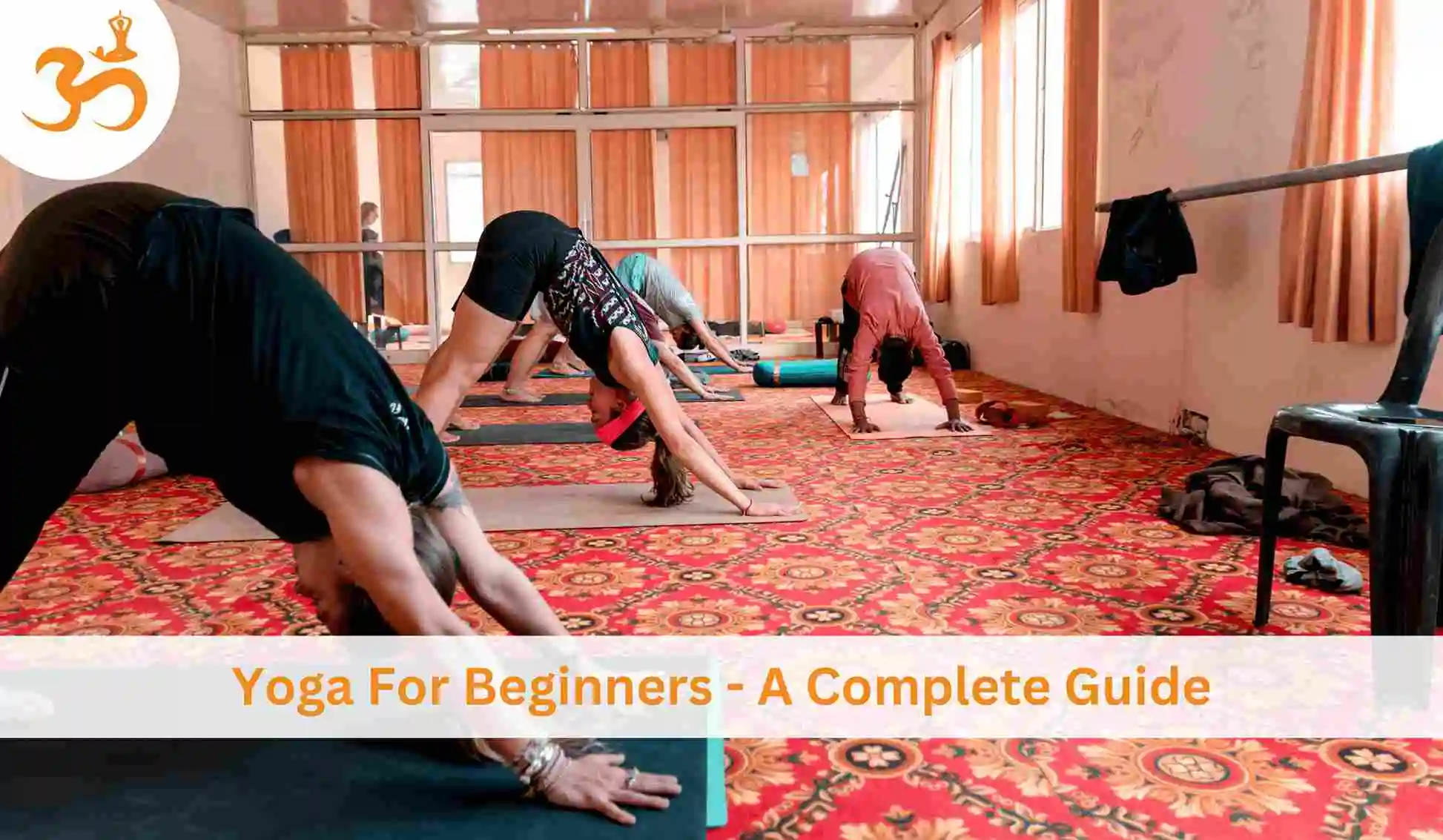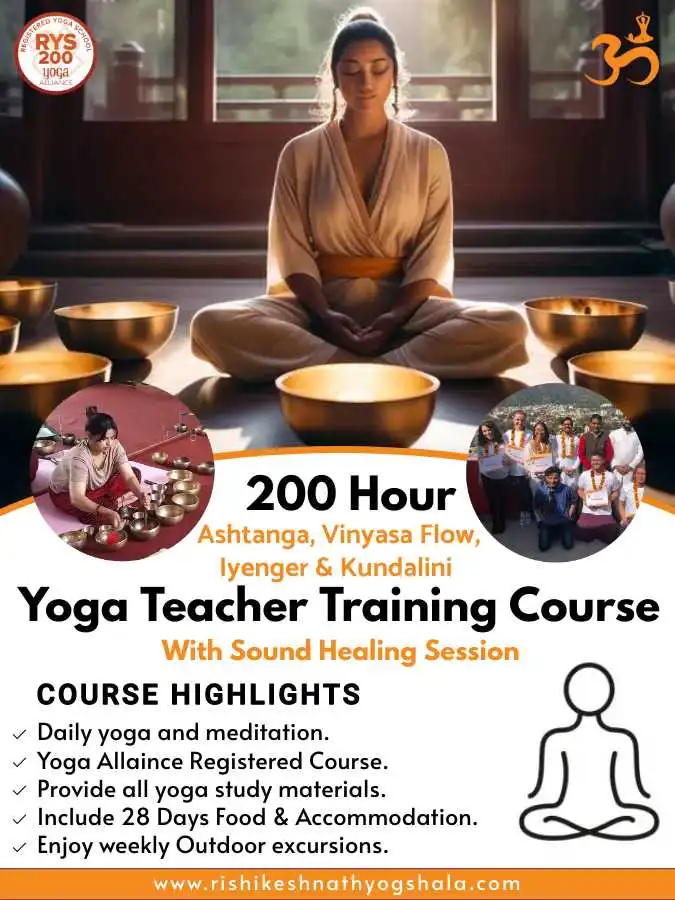How to Start Yoga for Beginners - A Complete Guide
Blog Yoga for Beginners
How to start " Yoga as a beginner " - A Complete Guide
Welcome to our blog post on how to start yoga for beginners. If you're looking to embark on a journey of self-discovery, improved flexibility, and inner peace, you've come to the right place. Yoga is not just a physical practice; it's a holistic approach to wellness that nurtures your mind, body, and soul.
In this blog, we'll provide you with all the essential information you need to begin your yoga journey with confidence.
Step 1:- Understanding the Essence of Yoga
Yoga has its roots traced back to ancient times in India, with a history spanning thousands of years. It encompasses physical postures (asanas), breathing techniques (pranayama), meditation, and ethical principles that guide practitioners toward a harmonious and balanced life. The benefits of yoga are vast and include stress reduction, improved flexibility, enhanced mental clarity, and a stronger mind-body connection.
Step 2:- Choosing the Right Yoga Style
There are numerous yoga styles available, each catering to different needs and preferences. Some popular styles for beginners include:
A - Hatha Yoga -
Hatha yoga is a gentle and foundational practice that focuses on basic postures and breathing. It's perfect for beginners as it helps in building a strong foundation and developing body awareness.
B - Vinyasa Yoga
Vinyasa, often referred to as "flow" yoga, involves a dynamic sequence of poses that synchronize with the breath. It's great for those who enjoy movement and want to build strength and flexibility.
C - Yin Yoga
Yin yoga is a slow-paced practice where poses are held for an extended period, targeting the connective tissues and promoting relaxation. This style is excellent for reducing tension and increasing flexibility.
D - Iyengar Yoga
Iyengar yoga focuses on alignment and uses props to assist practitioners in achieving proper posture. It's ideal for individuals who appreciate attention to detail and precision in their practice.
Step 3:- Starting Your Practice
A - Set Realistic Goals
Before you begin, outline your goals for practicing yoga. Whether it's improving flexibility, relieving stress, or enhancing mindfulness, having clear intentions will guide your journey.
B - Find a Qualified Instructor
If you're new to yoga, it's recommended to join a class led by a qualified instructor. They will ensure you learn the correct techniques, prevent injuries, and make modifications based on your abilities.
C - Invest in Essential Yoga Gear
All you need to start is a comfortable yoga mat and appropriate clothing that allows for movement. As you progress, you can explore additional props that enhance your practice.
D - Create a Consistent Routine
Consistency is key in yoga. Commence with briefer sessions and progressively extend the duration as you grow increasingly at ease. A regular routine will yield better results over time.
Step 4:- Practicing Mindfulness and Meditation
Yoga is not just about physical postures; it's also about cultivating mindfulness and inner peace. Incorporate meditation into your routine to quiet the mind, reduce stress, and enhance self-awareness.
Step 5:- Listening to Your Body
Another most important aspect of yoga is listening to your body. Every individual is different, and it's crucial to honor your limitations and avoid pushing yourself too hard. Yoga is a non-competitive practice that should be approached with self-compassion.
Step 6:- Progressing in Your Practice
As you continue your yoga journey, you'll notice improvements in flexibility, strength, and overall well-being. Don't be discouraged by initial challenges; growth takes time and dedication.
Step 7:- Building a Supportive Community
Joining a yoga community such as any Yoga School or Yogshala or connecting with fellow practitioners can provide motivation and a sense of belonging and Share your experiences, seek advice, asanas techniques and celebrate each other's achievements.
Step 8:- Taking Your Practice Off the Mat
The principles of yoga extend beyond the mat and into everyday life. Practice kindness, gratitude, and mindfulness in your interactions with others. This holistic approach will enrich your overall well-being.
Conclusion: Yoga for Beginners - A Complete Guide
Embarking on a yoga journey as a beginner is a rewarding step toward self-improvement and holistic wellness. Remember that progress is a personal journey, and each step you take brings you closer to a healthier mind, body, and soul. So, roll out your mat, take a deep breath, and let the transformative power of yoga enrich your life.
If you are going to start yoga as a beginner, you can start with any well known yogshala or yoga school in India.. For beginners there are courses like 100 Hr, 200 Hr and after completing these you can go with advance course like 300 Hr, 500 Hr to enrich your practice. . .
We "Rishikesh Nath Yogshala" situated in the lap of Himalayas Rishikesh. You can also join us for our Yoga teacher training courses...
